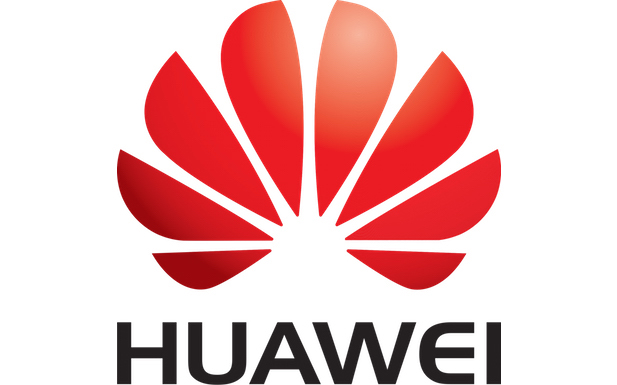US warns UK against allowing Chinese company to proceed with its plan, in which it will invest £1 billion on the first phase alone.
Huawei bought the land just outside Cambridge in England in 2018 – before the escalation of Sino-US trade war in which the Chinese equipment maker is a central focus, although the Trump Administration blows hot and cold in its approach.
It will conduct R&D on developing silicon and manufacture optoelectronics eqiupment there. The company will construct 50,000 square metres of facilities on nine acres of land and create around 400 jobs. Local counsellors overwhelming voted to give Huawei permission to proceed.
In a statement to the Financial Times [subscription needed], the US State Department said the decision had undermined its trust in the UK. It advised the UK and partners to consider the long term impact of giving companies like Huawei access to sensitive information.
The statement said: “We believe countries need to be able to trust that partners will not threaten national security, privacy and intellectual property, or human rights”.
In the meantime, the debate about using Huawei’s equipment in UK operators’ networks continues. On the one hand, the UK’s National Cyber Security Centre is conducting yet another review of Huawei – previously it has viewed Huawei as a risk to national security.
On the other, Vodafone and BT in particular are lobbying the government hard against Huawei’s total exclusion arguing it will cost them hundreds of millions of pounds, and put the UK behind in the 5G race.
Huawei’s VP Victor Zhang, was cited commenting in the FT, “This centre [in Cambridge] is not to support BT or Vodafone’s network. I don’t think there is a strong link.”



